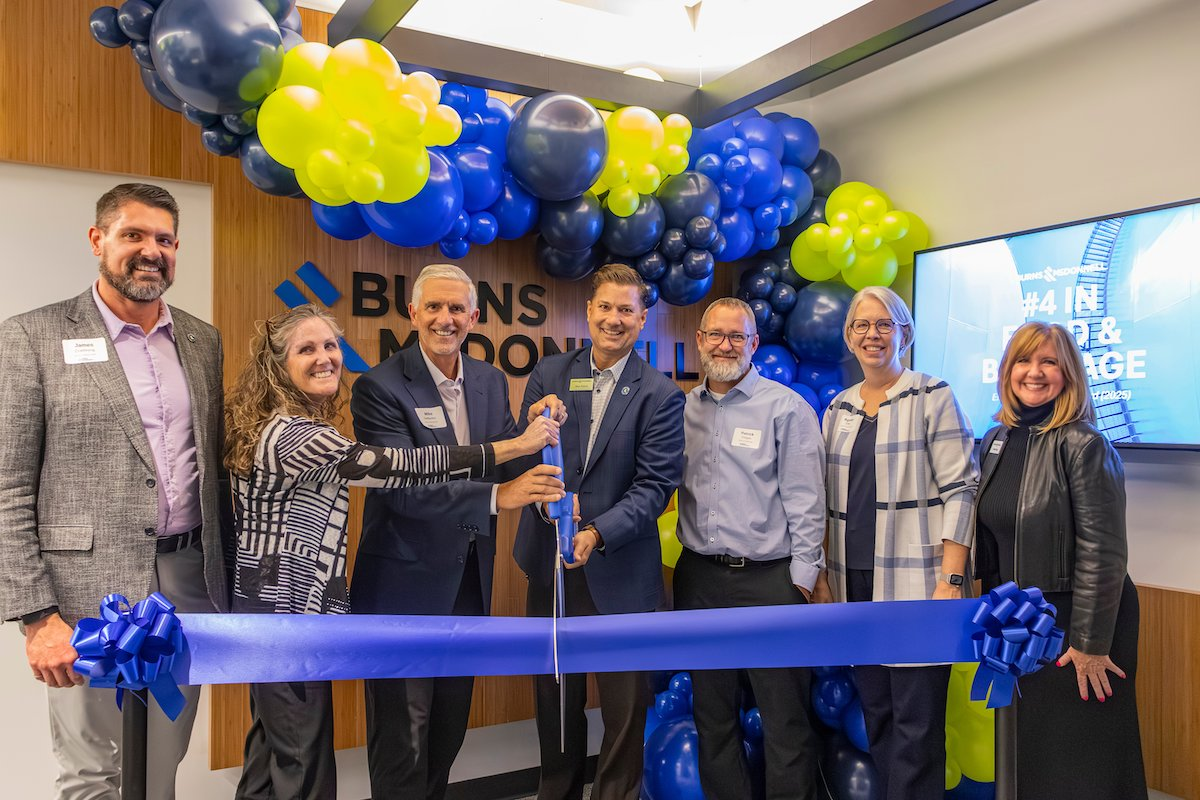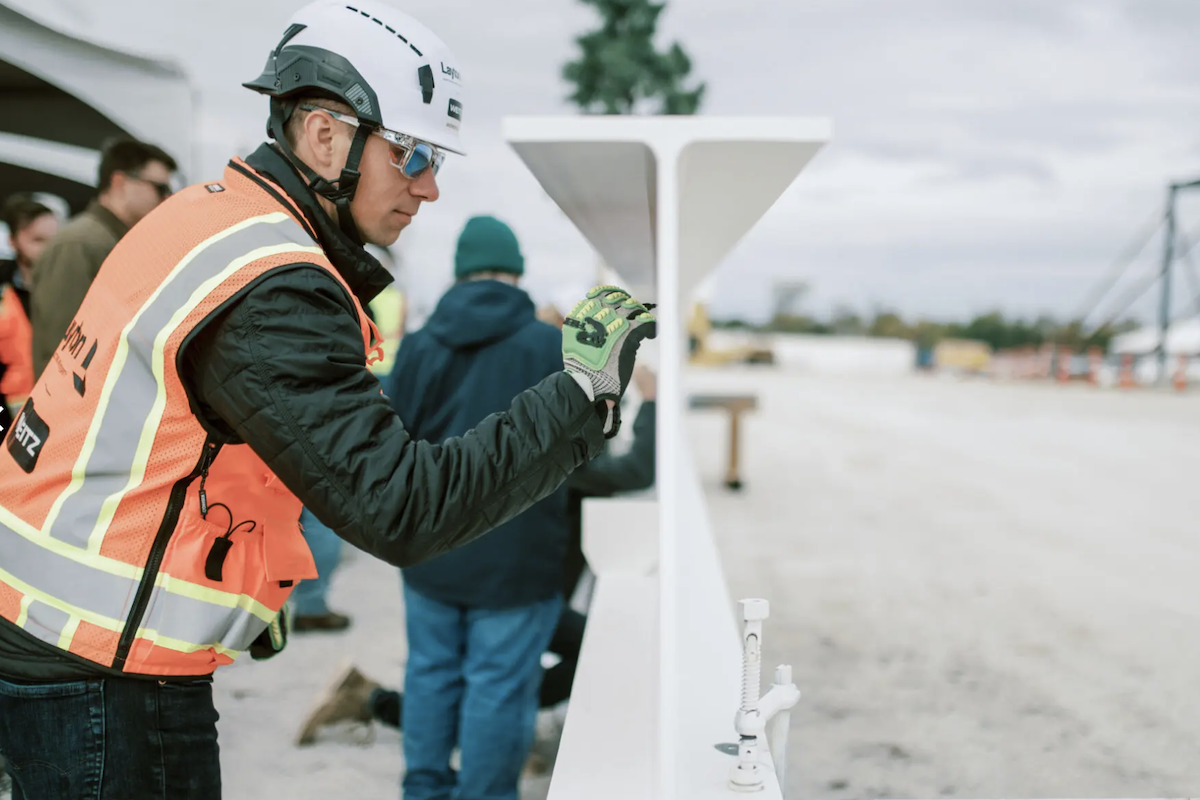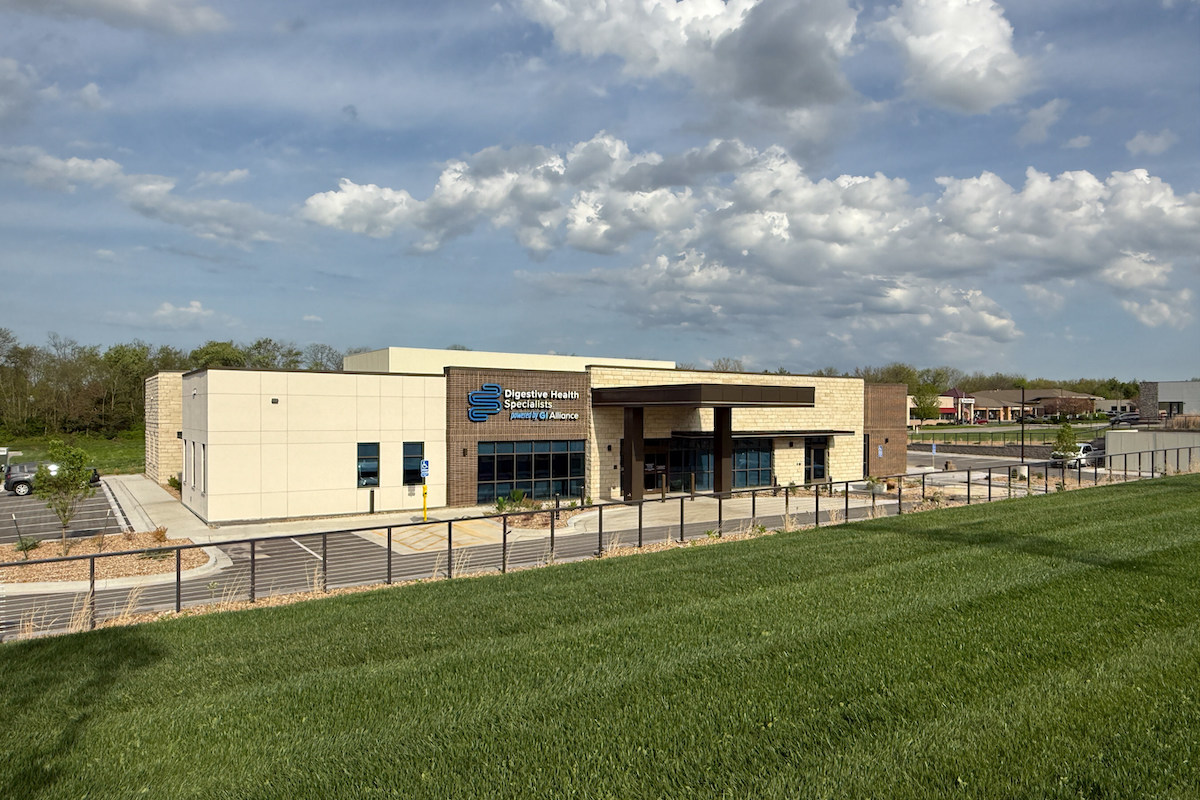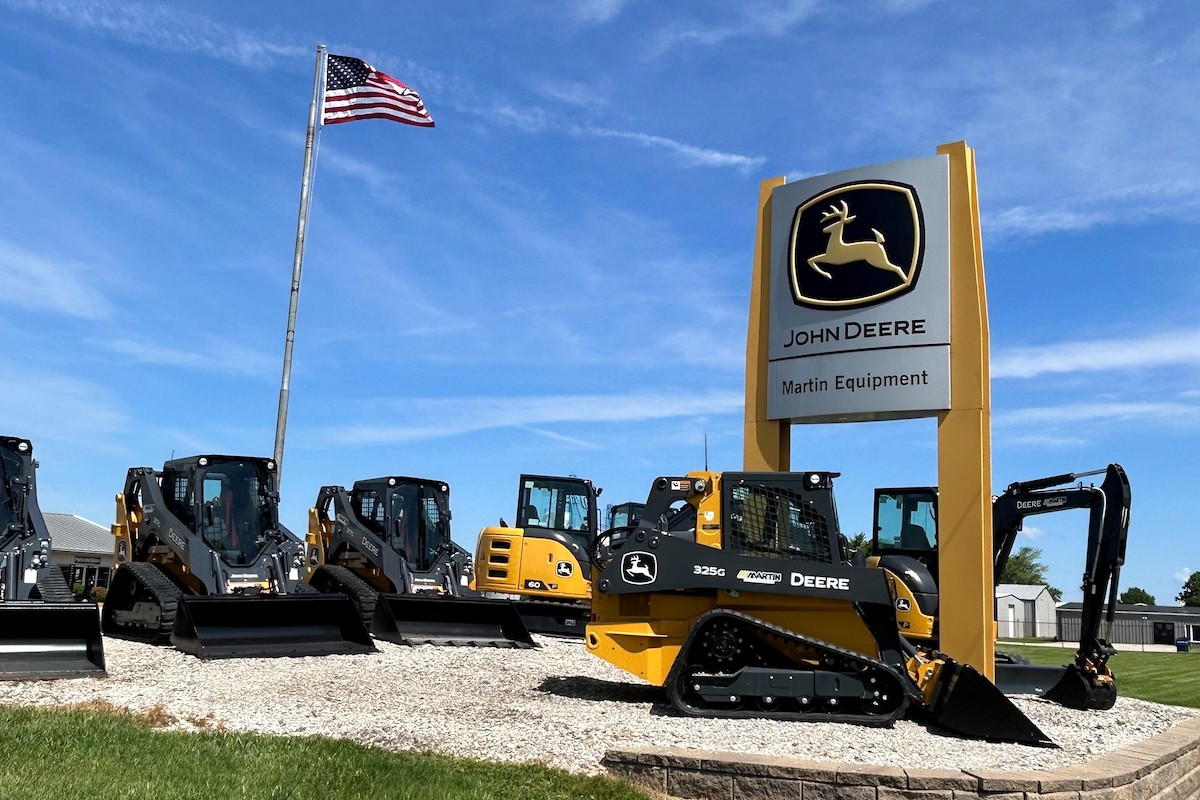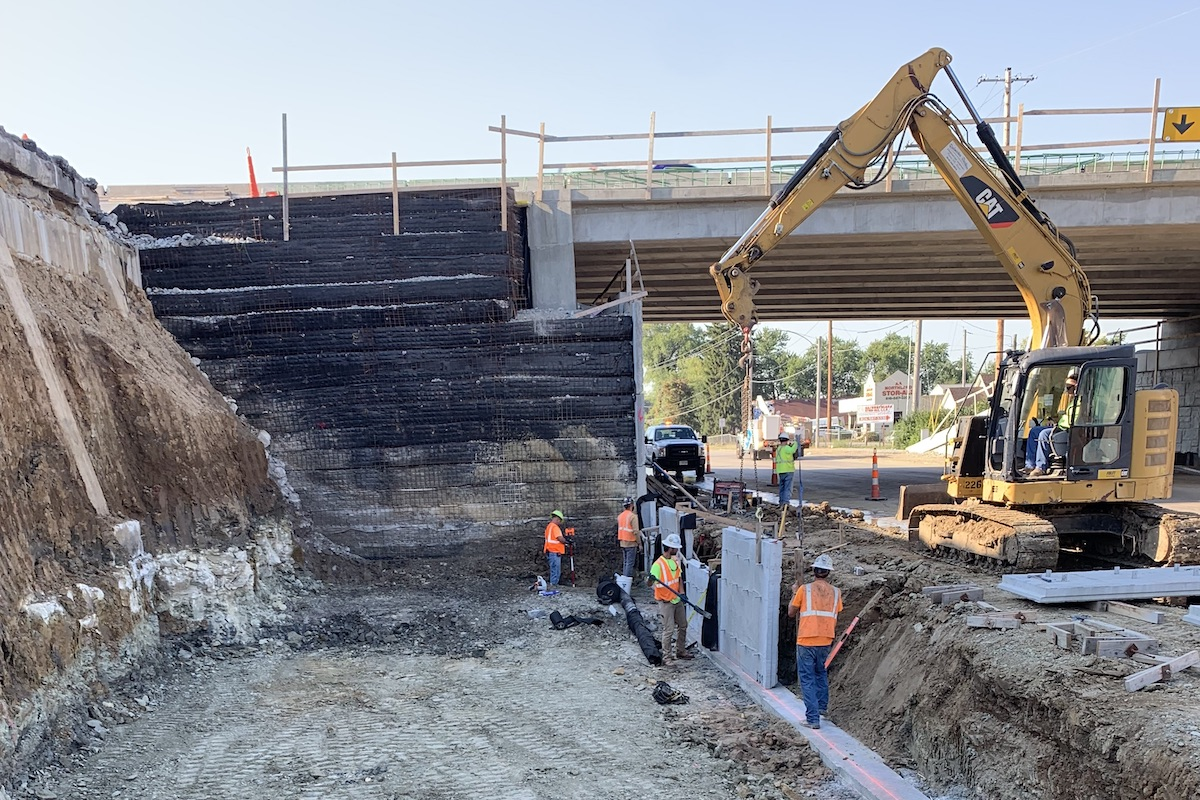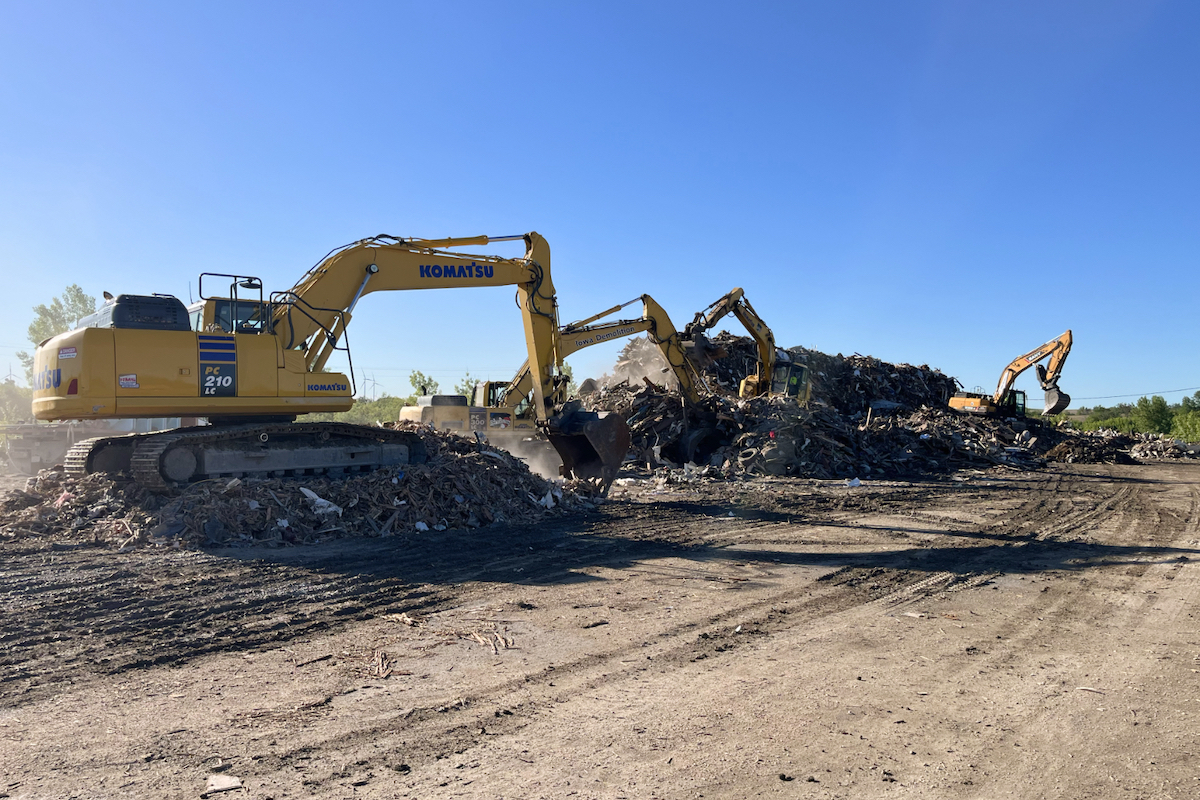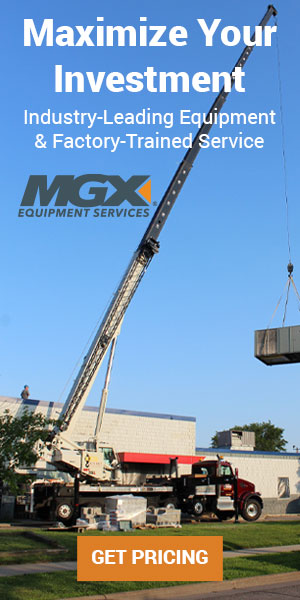According to a recent survey conducted by the Associated General Contractors of America and Arcoro, 94 percent of construction firms nationwide report open positions they’re trying to fill. In fact, according to Associated Builders and Contractors (ABC), the skilled worker shortage has now surpassed half a million.
With some estimates projecting that 41 percent of the current construction workforce will retire by 2031, the ability to train new operators quickly and safely is becoming more crucial than ever before.
Simulation training, once reserved for aerospace and military applications, successfully expanded into heavy equipment training applications in construction several decades ago. It has been gaining traction ever since, as early adopters used it to shorten their training times, reduce costs, improve productivity, reduce emissions, and improve safety across the board.
For many, this technology could hold the answer to addressing the operator crisis.
While there are many advantages to using simulation in training programs, one of the most prized is its ability to drastically shorten training times. For example, by integrating simulation into its training program, general contractor Conewago Enterprises reduced its onsite crane training time from six months to seven weeks and lowered its training costs by more than 60 percent.

| Your local Leica Geosystems Inc dealer |
|---|
| Laser Specialist inc |
Similarly, Gerdau, a steel manufacturer and metal recycling company, halved its training times and improved instructor efficiency by 500 percent.
Part of simulation’s success comes from its ability to allow operators to practice a maneuver over and over again to get it right, as well as look at their performance data to see exactly which areas need improvement. That concentrated seat time, available 24/7 regardless of the weather, gets trainees up to speed fast.
“Simulation is a great way to get 10 years of experience in a very short time span,” observed 20-year-veteran heavy equipment operator and training expert Gary James. “In the real world, a typical operator’s training cycle will last five to eight years to master multiple machines. In the simulation world, I am able to achieve this in a matter of weeks or months.”
Operators can use simulation training to practice a range of skills, from familiarization with equipment controls to more advanced problem-solving. In fact, many have found success in using simulation for certification and recertification preparation.

| Your local Gomaco dealer |
|---|
| Fabick CAT/MO |
| Road Machinery and Supplies Company |
Beyond training, simulation has proven to be a valuable tool in recruitment. Organizations like ABC New Jersey have successfully utilized mobile training centers at career fairs to engage with the younger generation, which is more familiar with technology and responds well to it. The interactive nature of simulation appeals to these potential recruits, making it an effective method for attracting new talent.
“There is nothing that has gotten kids more excited about possibly coming into the trades than us rolling up with that trailer and those simulators,” said Samantha DeAlmeida Roman, President of the ABC New Jersey chapter. “Instead of handing them a piece of paper, you’re saying ‘come on in and try this.’”
Additionally, organizations can use simulation to objectively assess the skills of applicants and identify internal candidates with the aptitude necessary to become proficient operators.
Simulation also enhances the quality of training programs by letting trainees practice scenarios too dangerous to practice on real equipment.

| Your local Iowa Mold Tooling Co Inc dealer |
|---|
| Star Equipment LTD |
“Using simulation, I am able to push the limits of the operator to the tipping point or dangerous points while they learn valuable lessons,” James explained. “In the real world, we would avoid these tipping points and dangerous situations at all costs, giving them zero experience.”
The American Society of Safety Engineers has noted that every dollar spent on workplace safety programs can yield a return of $4 to $6, highlighting the economic benefits of investing in high-quality training solutions like simulation.
In addition, almost half of American workers would consider a pay cut if their new employer had a stellar safety culture, according to a 2024 survey from DuraPlas. The ability to offer a high level of safety training, therefore, could help attract and retain top talent.
Recently, simulation training has seen a significant breakthrough that has redefined traditional approaches, offering a more sophisticated and data-driven method for operator training. This breakthrough turns simulation into an Intelligent Training System.

| Your local Takeuchi Mfg Ltd dealer |
|---|
| Kirby-Smith Machinery |
| Star Equipment LTD |
An Intelligent Training System interconnects simulators, heavy equipment training packs, and instructor training tools, allowing them to securely work together to provide streamlined and scalable training. This system allows simulation training to evolve from a setup with one student on one simulator supervised by one instructor to a room full of students all monitored from one central, secure hub. It provides a future-proof solution with streamlined maintenance, updates, support, and scalability. As new features are developed or simulators added, an Intelligent Training System can continue to evolve over time to remain on the cutting edge.
Taken as a whole, these benefits allow organizations to provide quality training faster than ever before. With an Intelligent Training System, for example, an instructor can move freely among trainees, providing real-time corrective guidance while keeping a close eye on the rest of the class. They can even step out of the room and allow students to progress at their own pace using custom learning paths designed by the instructor, which oblige trainees to pass exercises with a set score before they can continue to the next scenario. As a result, trainers can offer a more personalized education to a larger group of students.
An Intelligent Training System also takes the incredible amount of data generated by training exercises — such as cycle times, idle times, machine behavior, and physics data — and provides actionable insights for instructors, administrators, and operators.
Instructors, for example, can use that data to monitor a student’s progress over time and provide targeted guidance that addresses weaknesses. Administrators, meanwhile, can keep these detailed training records as proof of due diligence. An Intelligent Training System can even be connected to a Learning Management System for better training management efficiency.

| Your local Gehl Co dealer |
|---|
| Star Equipment LTD |
Operators also benefit from an Intelligent Training System, as it provides easier access to the training and upskilling they’ll need to grow their careers. Perhaps best of all, the enhanced insights and safety training they receive could prevent an accident and potentially save a life.
Looking ahead, the trend toward personalized training is expected to intensify. As the industry continues to grapple with the labor shortage, there is a growing need to cater to diverse learning styles and individual challenges.
The future of simulation training, and training as a whole, lies in the ability to adapt curriculums to meet the specific needs of each trainee, turning potential weaknesses into strengths and getting new operators to proficiency quickly and safely.
Alan Limoges serves as the Manager of Product Growth at CM Labs, where he leverages a background in engineering and expertise in the simulation industry to drive strategic alliances and harness CM Labs’ unique technology to deliver innovative solutions.






















